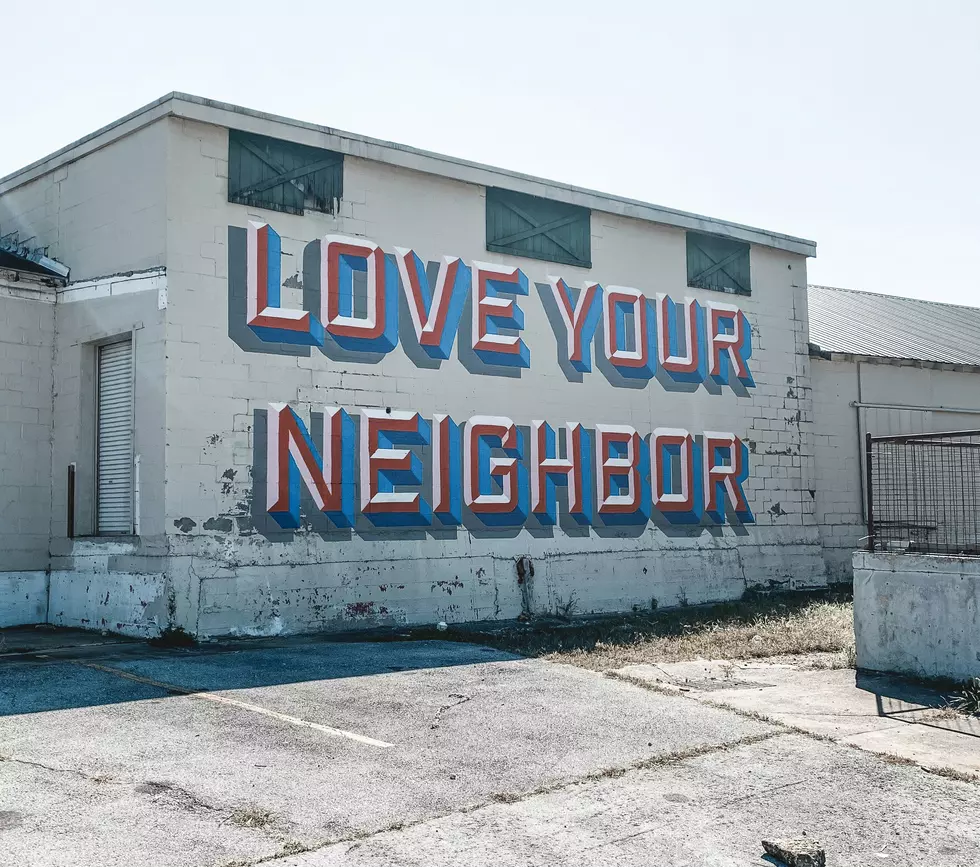30 Years Ago: The Replacements Close a Chapter With ‘Pleased to Meet Me’
The period leading up to the recording of the Replacements' 1987 classic Pleased to Meet Me was a tumultuous one, even for a group quite accustomed to causing tumult. The band fired longtime manager/co-producer/"fifth Replacement" Peter Jesperson, which would have, on its own, been jarring enough. But then they let go the beloved but unpredictable guitarist Bob Stinson, which raised the level of turbulence both within the band and between it and its fans.
Bob Stinson's issues were legion, mostly stemming from a drinking problem that could at times render him incapacitated offstage and volatile on, and vice versa. It was his onstage demeanor—that of the fun-loving, perpetually blotto riff-slinger—that helped make the 'Mats either a chaotic mess or the most brilliant thing a given crowd had ever seen. It took a toll, however, on Paul Westerberg, the band's main artistic engine, and Tommy Stinson, its bassist and Bob's younger brother.
"My brother was becoming a hindrance to [Paul’s] songwriting growth and to what we were doing," Tommy told Spin in 2008. "He was just messed up. We were all messed up, but we were messed up less than him and could forge on."
And forge on they did, though without the full blessing of many in their audience.
"I remember in Detroit, somebody got together like 1,000 cardboard cut-outs of Bob’s face for the show and passed them around for everybody to put on," drummer Chris Mars recalled in a 1993 Spin interview. "It’s like they were protesting; they wanted Bob back."
Battered but unbowed, the remaining Replacements set up shop in Memphis, at Ardent Studios, with Jim Dickinson in the producer's chair, an effort, as AllMusic's Stephen Thomas Erlewine put it, "to record with Big Star's Third producer at the studio where all three Big Star albums were made." And while the resulting Pleased to Meet Me didn't necessarily sound like a Big Star record, that band's voice and mastermind, Alex Chilton, was present in spirit, in the variety and tunefulness of the record's 11 songs and the loose-but-controlled vibe of the record's production.
That presence was plain as day on Westerberg's mash note "Alex Chilton," complete with a wishful chorus—"Children by the millions sing for Alex Chilton / When he comes 'round." Chilton was also physically present at at least one session—the one that resulted in "Can't Hardly Wait," the album's final track and first single (one originally demoed for Tim, in 1985). He contributes broken shards of guitar that vie with the Memphis Horns for the listener's attention, dueling them to a draw. It's a magnificent song, with Westerberg's lonely-guy persona spilling out lines like "I'll write you a letter tomorrow / Tonight I can't hold a pen"—a sentiment akin to "I loved you / Well, never mind," the loneliest of lines in Chilton's "September Gurls," way back when.
Listen to the Replacements Perform 'Can't Hardly Wait'
The band amps up the tension on "The Ledge," a peek inside the head of a teenager contemplating suicide, standing just outside a window, high above the street below. "I'm the boy they can't ignore," Westerberg sings, "For the first time in my life, I'm sure / All the love sent up high to pledge / Won't reach the ledge." The song's subject was rendered in such harrowing detail, its innocuous video was banned from MTV, lest the channel be blamed for any copycat acts.
The friction between keeping true to the band's roots and embracing the resources available to them at a major label (in their case, Sire), can be seen in Pleased to Meet Me's album cover (a rich man shaking hands with a punk, in essence the band's way of calling themselves sellouts before anyone else could) and songs like the Rolling Stonesy "I.O.U." and the loud, dirty screamer "Shooting Dirty Pool." On these tracks and others, the band's aggression plays with Westerberg's endearing cleverness as a lyricist, whether he's baying about being "90 days in the electric chair" ("I.O.U") or noting "everybody's chokin' on the grapevine" ("Shooting Dirty Pool").
That cleverness can make you wonder whether "Nightclub Jitters"—with its brushed drum strokes and sax solo—is Westerberg's smoky saloon song or his parody of a smoky saloon song. There is, however, no denying the earnestness of "Skyway," the album's other anomaly and quite possibly the most delicate and beautiful piece of music Westerberg has ever written, the soundtrack for a couple hundred thousand pensive moments, a winter chill transformed into music for voice and acoustic guitar.
Listen to the Replacements Perform 'Skyway'
Many believe Pleased to Meet Me to be the last great Replacements album, and it definitely sounds like the close of a chapter of some sort. Bob Stinson was gone and the rubble left in his wake needed to be sifted through—a task the group never completely got around to doing before they split up. Pleased to Meet Me saw the Replacements taking stock and deciding the best way to move on was to plug in, hit a chord and see where it took them.
Replacements Albums Ranked in Order of Awesomeness
More From The Moose 94.7 FM









